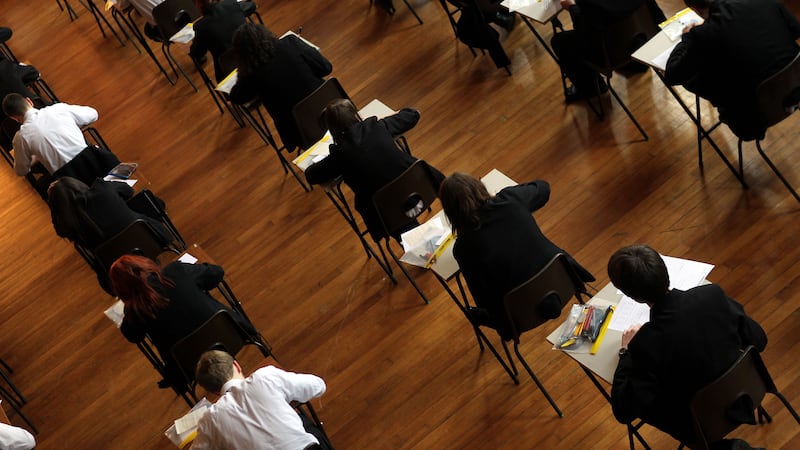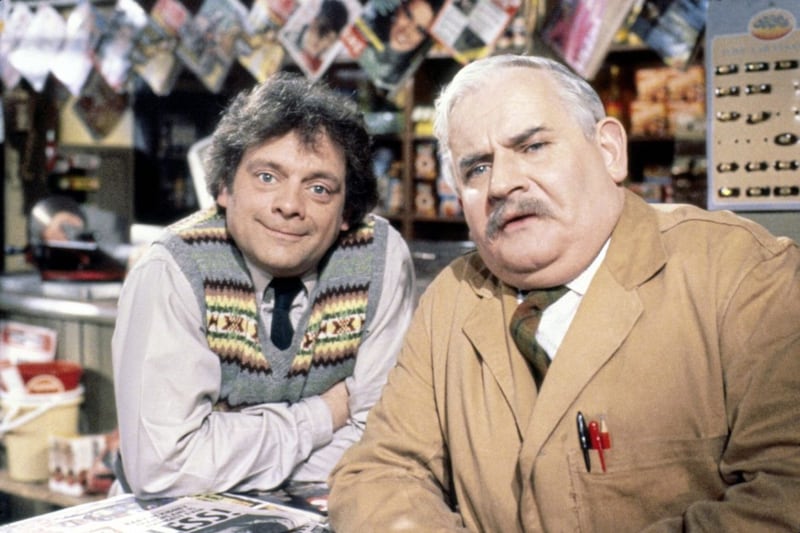Could we all please stop making such a Big Public Thing of exam results? Could school principals resist making results day an ‘event’, with candidates and parents swarming to the schools for the opening of the envelopes, often with the media present? Could all picture editors gently persuade their press photographers to desist from making high achievers leap in the air wearing a false rictus of delight? It’s just embarrassing… and must be a heartscaldingly humiliating experience for those who’ve done badly.
There’ve been grumblings from parents in some quarters that only the most outstanding pupils are publicly acknowledged and little credit or recognition given to the less gifted, who may have striven harder to achieve more modest goals.
Speaking from 35 years in education, the task of a school is to nurture and develop every pupil towards his or her full potential. In a good school, all success is honoured within its walls, but schools are run on business lines now. There’s no doubt that a cluster of ‘A’ and ‘A*’ pupils pictured with a proud principal on the front page of a local paper is publicity no school could pay for. It heightens the profile, it enhances the reputation; it rises in the league tables, it ‘sells the school’ to the parents of potential pupils. I notice that, on the heels of published exam results, come full-page advertising spreads offering all kinds of extra educational inducements for students, including ‘morning coffee, pre-ordered lunch and use of gym before or after classes’.
How my generation managed to achieve anything in a founderingly cold converted stable-block with ill-fitting windows, antique toilets and no canteen three miles out of the city is a mystery.
In my day you worked (or slacked,) revised (or skived.) Sick or well, confident or quaking, you sat the papers without fuss and in August, got a brown envelope delivered to your home address. Your future was decided and you either rejoiced or wept in private. There were no second chances and few further education options.
Exams today are blown out of all proportion, surrounded by hype, suffused with stress. Intensive care is prescribed by teachers and parents – timetabled study plans, compilations of favourite music, (like Ed Sheeran’s lyrics will get them through Eng. Lit.??) frequent breaks to scour cupboards for treats while refusing the favourite dinner mother has cooked. The family walk on eggshells. In theory, no examinee could be better prepared but is probably spending revision time mutually sympathising with peers or playing screen games “for relaxation”. Pre-exam panic and anxiety are as contagious as nits – the candidates all basket-cases before they enter the examination hall. Yet now, poor results aren’t the end. Sixth-formers have a multiplicity of alternative routes to success.
Re-reading this so far, I see I still suffer from “a tendency to wander off the subject in essays,” as a teacher once remarked in my school report. I empathise with parents who feel their children aren’t credited enough for effort and application, but while we have a competitive testing system, not all can stand on the podium. Naturally, excellence must be celebrated and rewarded in every walk of life. Life is a competition. It’s the striving to be good, better, best, that fuels the spirit. This ‘levelling of esteem’ isn’t healthy. It’s on a par with the caucus race in ‘Alice in Wonderland, where “all have taken part, so all must have prizes. “We’re rearing a generation of snowflakes who can’t bear disappointment – and it’s doing them no favours.
I was no Alumnus Illustrissimus. If I knew the Latin for ‘decidedly average’, I’d use it. As one who brought my old Alma Mater no academic glory, it took them nearly forty years to invite me back to address their aspiring pupils. I only accepted because there was nobody left on the staff who’d remember me. In some subjects I’d proven singularly resistant to their best efforts. One or two much higher-flying contemporaries sat with sucked-in cheeks throughout my speech, but were too ladylike to heckle. The only ‘first’ I ever won was the Baron von Munchausen award for the biggest liar.








